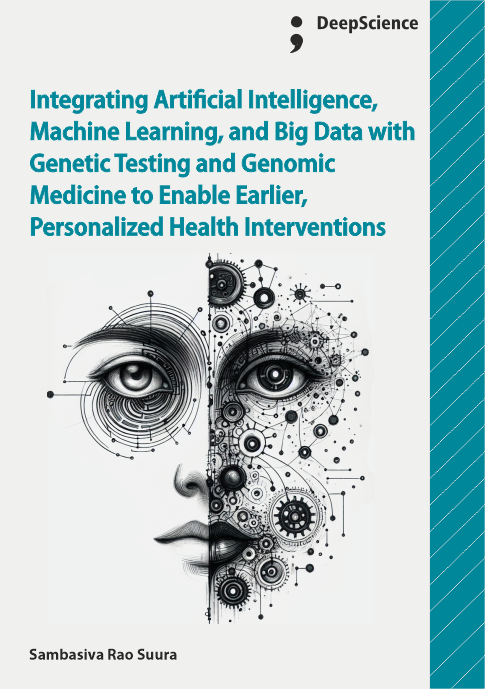Personalized health interventions: Tailoring prevention and treatment strategies using predictive genetic insights
Synopsis
Genetics has always had a hand in determining how long and how well people live. Today, widespread advancement in predictive genetics is illuminating more health risks not previously seen. Indeed, along with other trends in genetic research, predictive genetics is poised to affect personalized health interventions that may significantly change public health practices. In light of this, the ethics, practicality, and potential repercussions of largely untailored prevention and treatment strategies are considered.
In simpler terms, genetic change causes diseases. Some of these are rare, highly penetrant mutations, such as Huntington’s Disease. Most other genetic conditions with known causes are also rare, however. Most diseases have multifactorial causes, but research in the last twenty years is unearthing a trove of mostly non-discretionary personal health risks and susceptibilities. Genetic diversity between people leads to incredible phenotypic variation, a lot of which affects public health. Techniques such as genome-wide association studies can rapidly and cheaply provide insight into loads of personal disease risks and personal responses to various treatments.
The essay argues that improved health comes with the understanding how health risks can manifest and be managed, and advances in predictive genetics make it very inadvisable to not get genetically educated. The advent of highly public, personal genetic insights gives the ability to choose more exact health choices, better positioning health management. Major health science professional institutions are already urging a basic understanding of and routinely including genetics in preventive and therapeutic decisions, as genetics could certainly be used to argue that rational health management could not be done without genetic insights.On the other hand, it unveils a deeper knowledge about the body's Achilles' heels, and without timely intervention these insights can transform a mere theoretical vulnerability into a grim clinical reality. With the unlocking of the genetic code of humans and a myriad of organisms it is inevitable that interpretation of the information intended to adapt it to specific purposes related to health be widely addressed. Genetic testing has a broad array of applications. It is however the analysis of predictors of diseases which garners most public attention. On occasion a swing between extravagant hype, admonitory doomsday scenarios, and denial bordering on irrational fear can be observed among scientists and policymakers, usually determined by genetic callings or vested interests. In this mix the often missing, occasionally misleading variables are the objective.













